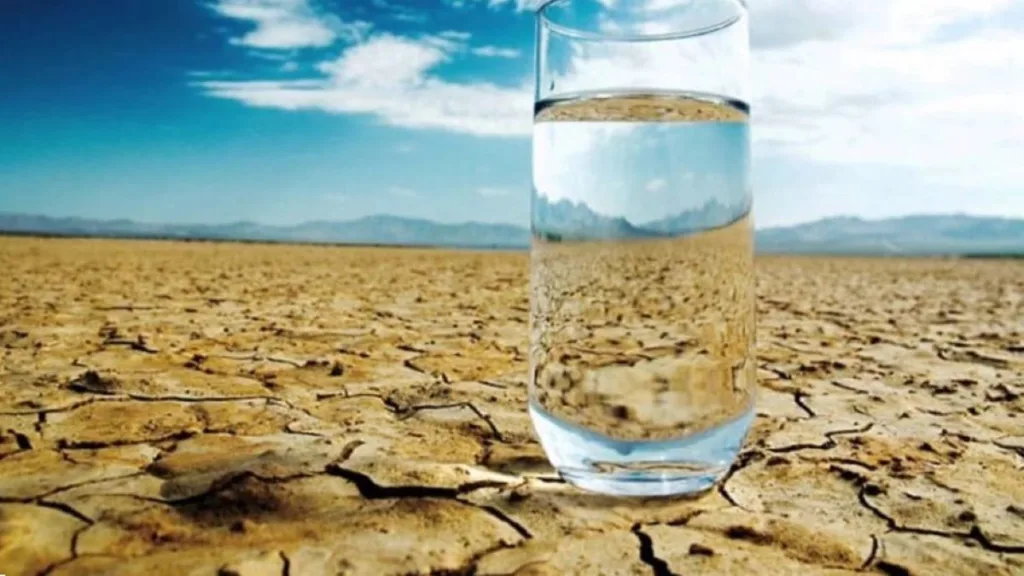World Water Day 2024: As we turn on our faucets to wash our hands, brew our morning coffee, or take a refreshing shower, how often do we ponder the true value of water? It’s easy to take for granted this essential element of life, flowing effortlessly from the taps in our homes. Yet, on World Water Day, it’s crucial to pause and reflect on the invisible drought that looms over our planet – one of unconscious and excessive water use.
Water, the elixir of life, sustains every living being on Earth. Yet, despite its undeniable importance, we often overlook the finite nature of this precious resource. The reality is stark: as our population burgeons and climate change intensifies, the strain on global water reserves escalates.
One of the most insidious aspects of our water crisis is the unconscious consumption that characterizes our daily routines. From leaving taps running while brushing our teeth to indulging in lavish, water-intensive diets, our actions often betray a disregard for the scarcity of this vital resource. It’s a case of out of sight, out of mind – until the day our taps run dry.
Consider the virtual water embedded in the products we consume. Did you know that it takes a staggering 15,415 liters of water to produce just one kilogram of beef? Meanwhile, a single cotton T-shirt requires approximately 2,700 liters of water to manufacture. These figures paint a troubling picture of our collective water footprint, illustrating the hidden costs of our consumer habits.
Moreover, the phenomenon of excessive water use extends beyond individual behaviors to encompass broader systemic issues. Industrial agriculture, for instance, accounts for a significant portion of global water consumption, often leading to the depletion of aquifers and contamination of water sources. Similarly, the fashion industry’s reliance on water-intensive production processes perpetuates environmental degradation in water-stressed regions.
As we confront the reality of our water crisis, it’s imperative to recognize that the burden of responsibility does not rest solely on the shoulders of individuals. Rather, it necessitates a multifaceted approach that addresses both individual consumption patterns and systemic inequities.
Education emerges as a potent tool in fostering a culture of water consciousness. By raising awareness about the implications of our water use and promoting sustainable practices, we can empower individuals to make informed choices that prioritize water conservation.
Furthermore, policy interventions and technological innovations play a pivotal role in mitigating the water crisis. From implementing water-saving measures in agriculture to investing in wastewater treatment and recycling infrastructure, governments and industries must collaborate to safeguard our precious water resources for future generations.
World Water Day: Call to Action
On this World Water Day, let us heed the call to action and embark on a collective journey towards water sustainability. It’s time to acknowledge the invisible drought that looms over our planet and take meaningful steps to reverse its course. By embracing a paradigm shift in our relationship with water – one rooted in reverence, stewardship, and respect for the finite nature of this invaluable resource – we can pave the way towards a more resilient and water-secure future for all.

